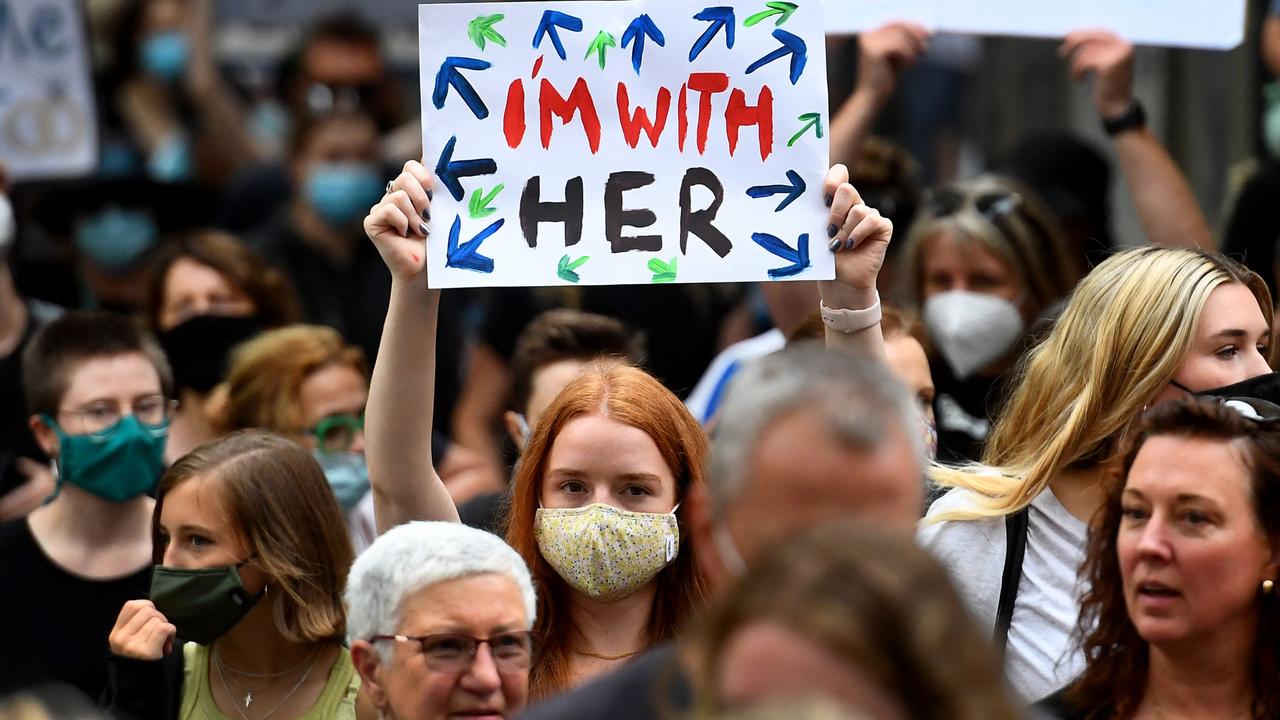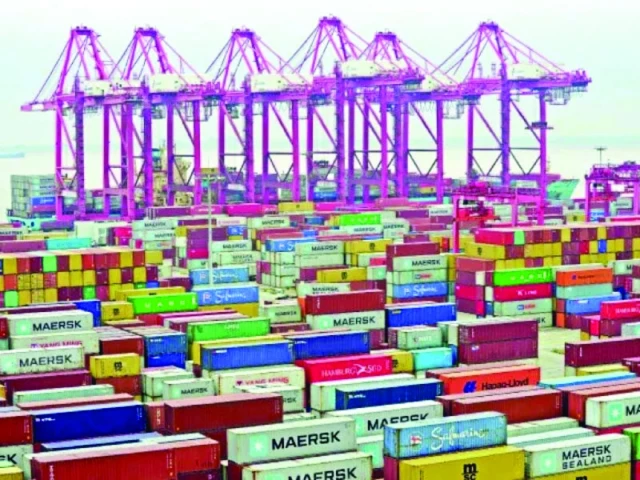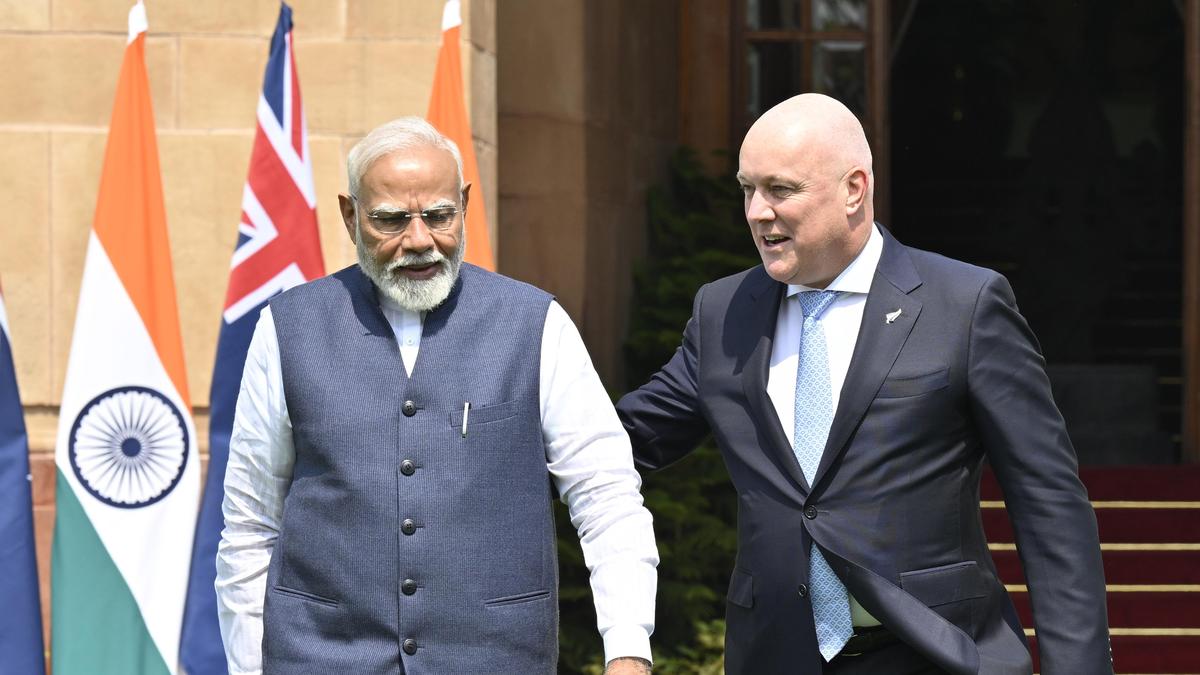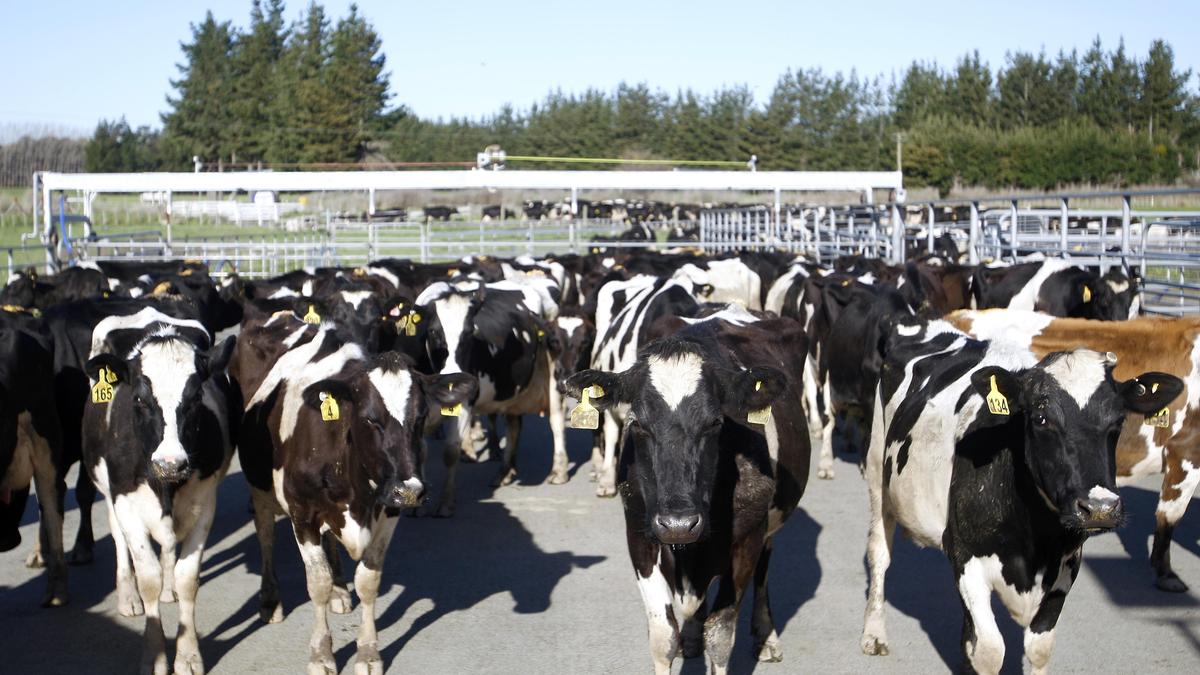Women are being urged to stop work at 3.14pm on International Women’s Day (IWD) this Friday in protest of the gender pay gap.
The CEO of a female-focused super fund is encouraging women to stop work, as well as take a range of other actions to “make IWD more meaningful and return it to its activist roots”.
Verve Super CEO Christina Hobbs told news.com.au that 3.14pm represents 78 per cent of a standard 9am to 5pm work day, and based on the current total remuneration gender pay gap of 21.7 per cent in Australia it is the time at which women stop being paid for a full day’s work.
The national total remuneration gender pay gap is calculated using data from all Australian employers with 100 or more staff who have to report their gender pay gaps to the government’s Workplace Gender Equality Agency (WGEA).
It includes full-time base salaries, part-time and casual salaries converted into a full time equivalent, and additional remuneration such as super, overtime, bonuses and other additional payments, but excludes CEO payments which would result in a much larger male-skewed pay gap.
Ms Hobbs said that the action comes on the back of the release of company-level gender pay gaps last week, which has created “anger among corporate women in Australia”.
Verve Super has also launched the Pay Gap Pledge, which it is calling on businesses to sign to mark IWD.
Ms Hobbs said the Pay Gap Pledge is about businesses “committing to one change that can reduce the pay gap now – such as uplifting your parental leave policy”.
After advocating that employers “ban the cupcake” last IWD, in reference to the cupcake morning teas that have become a staple for companies wanting to mark IWD and which many see as pinkwashing, Ms Hobbs said it was important to “focus IWD discussions on equality”.
“This is a campaign that we would like to build on in the coming years,” she said.
The calls for women to walk out come as early childhood educators have abandoned a planned strike on IWD.
The United Workers Union, which represents early childhood educators had planned the industrial action which would have seen over a thousand centres in every state and territory across Australia forced to close their doors this Friday.
Over 90 per cent of early childhood educators are women, and many are among the lowest paid workers in the country, only making the national minimum wage of $23.30 per hour.
Helen Gibbons, early education director at the United Workers Union said that a recent poll found that 48 per cent said they will leave the sector within a year if there is no meaningful movement on their wages in the next three months.
“Early learning is in crisis, with educators forced to make the hard choice between the job they are so dedicated to, or leaving to find a job that can pay their bills,” Ms Gibbons said.
“Educators cannot stay in the sector on its current poverty wages.”
But Ms Gibbons said the planned strike has been cancelled after the latest multi employer bargaining meeting where “significant progress was made on the Federal Government funding a wage increase”.
She said that in light of the latest development, educators have decided to postpone closing centres across the country but haven’t ruled out taking action if progress on a wage increase is too slow.
The union is pushing for a pay rise of up to 25 per cent for early childhood educators.






